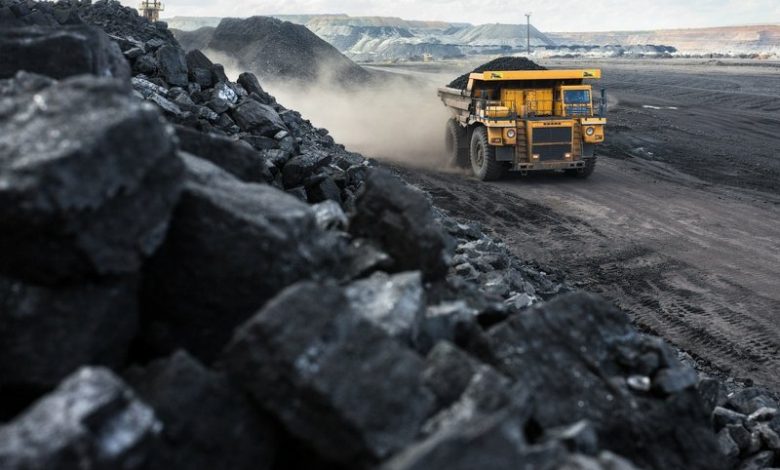COP21: Problems and opportunities for shipping

The 2015 United Nations Climate Change Conference, COP21, underway now could have an effect on the shipping industry for years. Understandably, the industry has been concerned about the imposition of an onerous carbon tax and increased regulations that will hamper operations. The industry feels that a lot has already been accomplished and should not be burdened further. The International Chamber of Shipping has stated that fuel efficiency efforts have been aggressive by the industry. The International Maritime Organization’s efforts to reduce CO2 emissions are said to have been far better than government targets.
Rather than fighting for reductions of regulations and constraints on the industry, thought should be given to any opportunities that governmental changes could have that would be beneficial. One must remember that the critical problem currently is the overcapacity in segments such as dry bulk. If any regulations or agreements are able to hasten the retirement of ships to the scrap yards, a substantial benefit will be realised.
But first one needs to look at the overall issues that climate change reductions will have on commodities transported by ship, in particular those transported by dry bulk. As a major contributor to carbon dioxide, coal is a good place to start. Beginning with China, it is clear that there is little need to pressure China to reduce its use of coal. China’s own smog problem is the primary driver on this. The government is well aware of the problem and is willing to deal with it and in fact has already begun to cut coal’s use. On the other hand, India, like other developing economies, will likely have to be pressured to transition away from coal for electricity generation. Developed countries will of course help with technology and investment for these changes. Efforts will also be made to reduce heating and cooking by coal in underdeveloped countries. Hence no matter what, coal is a dying fuel. Therefore dry bulk transportation of coal does not have a bright future.
As for crude oil and the tanker fleet, economics and geopolitics will probably dominate for years with carbon reduction having only a long term damping effect. The same goes for natural gas use and its transportation.
The most interesting outcome after COP21 would be how national legislation is crafted to hasten the retirement, or conversion, of ships with polluting technologies. Any laws or regulations which heavily tax or constrain the use of certain propulsion systems will have effective dates that are years away. Tax incentives for new technology ships would have an effect soon; however, they would add to capacity by essentially reducing the cost of newbuilds. Some governmental actions could have a more beneficial and immediate results. For example, a tax break or subsidy for the scrapping of these polluting ships could take some of the capacity from the market immediately.
There may even be other ways to reduce capacity by supporting legislation and regulations that are possible due to COP21. The agreements need to be examined carefully. Creative ideas for legislation and regulation should be developed. Collusion among shipping operators can often be illegal; however, legislation and regulations can achieve the same end properly and quite legally. Hence COP21 is an opportunity that does not come often.
In summary, the largest effect on shipping from COP21 will likely be the reduction of coal as a dry bulk. If the agreements at COP21 and the national laws and regulations afterward are crafted correctly, they could be beneficial in reducing the overcapacity which has plagued several segments of maritime transportation.

The bulk shipping industry much like the rest of the industry is under economic pressure right now.
However the bottom line is it produces a vast amount of pollution. Technology is available right now that can make assets more valuable , and greener for a fraction of the write off loss of scrapping relitivly new ships. Wind technology as wind assist propulsion can reduce the fuel burn by up to 50% and in one step put the entire bulk carrier fleet back on track to be compliant with the inevitable legislation and customer demands moving forward. See magnuss.com for bulk carrier sail solutions.